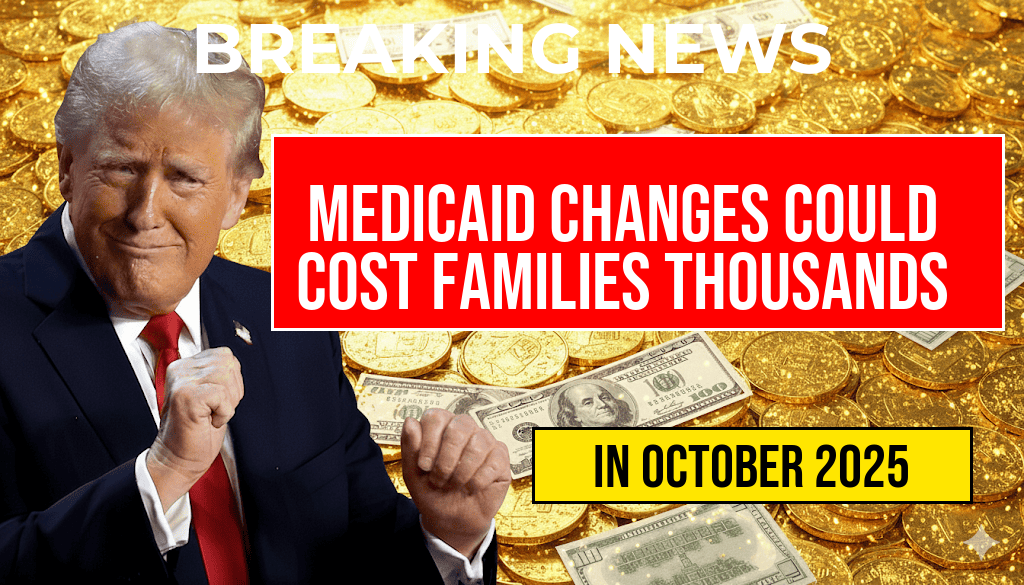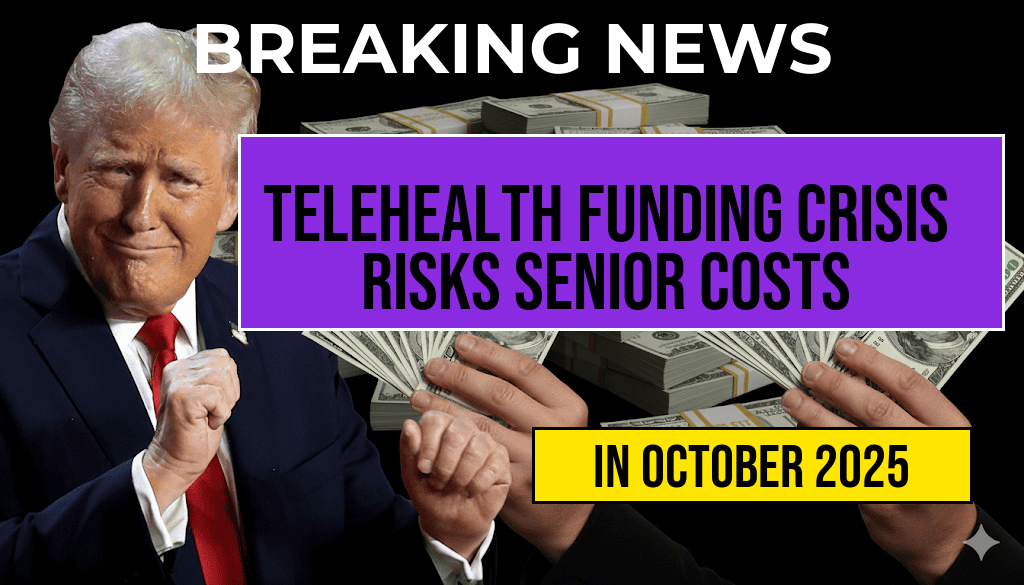Medicaid Policy Changes Could Leave Many Families Facing Over $5,000 in Out-of-Pocket Medical Expenses Annually
Recent adjustments to Medicaid eligibility and benefit structures are prompting concern among millions of Americans who rely on the program for essential health coverage. As states implement new policies aimed at reducing costs or tightening eligibility, families already struggling with rising healthcare expenses may find themselves facing significantly higher out-of-pocket bills—potentially exceeding $5,000 annually. Experts warn that these changes could disproportionately impact low- and middle-income households, forcing some to choose between necessary medical care and financial stability. While policymakers argue that reforms are necessary to sustain the Medicaid system amid rising healthcare costs, many advocates emphasize the risk of increased financial burden for vulnerable populations.
Understanding the Scope of Recent Medicaid Reforms
Over the past year, several states have enacted policy modifications that affect Medicaid enrollment, premium requirements, and coverage options. These shifts are often driven by budget constraints, efforts to encourage employment, or attempts to curb Medicaid enrollment growth. However, such policies can inadvertently heighten out-of-pocket costs for beneficiaries, especially those with chronic illnesses or ongoing medical needs.
Key changes include:
- Introduction of premiums and co-pays for certain Medicaid populations, which were previously free or minimal.
- Stricter renewal procedures that may lead to more Medicaid terminations for eligible individuals due to administrative errors or missed deadlines.
- Reduced coverage or benefit cuts in some states, shifting more costs onto enrollees for services like prescription drugs, mental health care, or specialist visits.
Projected Financial Impact on Families
According to recent analyses by health policy researchers, families on Medicaid could see their annual out-of-pocket expenses surge by thousands of dollars. For example, a household with a family member managing a chronic condition requiring regular medication, specialist visits, and hospitalizations might face additional costs stemming from premiums, co-pays, and uncovered services.
Data indicates that such families could pay more than $5,000 each year in out-of-pocket expenses, a stark increase compared to previous years where many costs were minimal or covered entirely by Medicaid. This rise could push some families into financial hardship, forcing difficult choices between healthcare and other essentials like housing and food.
Who Is Most Affected?
The potential financial strain disproportionately affects:
- Low-income households with limited savings, often relying on Medicaid for basic coverage.
- Individuals with chronic illnesses requiring ongoing treatments and medications.
- Families in states with stricter Medicaid policies or reduced benefit packages.
Additionally, recent federal data shows that approximately 77 million Americans rely on Medicaid, emphasizing the widespread potential impact of these policy shifts.
Policy Responses and Public Concerns
While some policymakers argue that introducing premiums and stricter renewal processes are necessary to ensure program sustainability, consumer advocates warn that these measures could undermine access to care. The Centers for Medicare & Medicaid Services (CMS) has emphasized the importance of safeguarding vulnerable populations, yet state-level implementations vary widely.
Several advocacy groups are calling for federal oversight to prevent excessive cost-sharing that could deter eligible individuals from seeking essential care. They stress that increased out-of-pocket expenses may lead to delayed treatments, worsening health outcomes, and higher long-term costs for the healthcare system.
Strategies for Families Facing Higher Costs
Families impacted by these changes are encouraged to explore options such as:
- Applying for additional assistance programs that can offset new premiums or co-pays.
- Reviewing Medicaid renewal notices carefully to ensure timely updates and prevent coverage lapses.
- Seeking community health resources or sliding scale clinics for cheaper or free services.
It is also advisable for Medicaid beneficiaries to stay informed about policy updates in their state by visiting official websites and consulting healthcare navigators.
Context and Broader Implications
The potential increase in out-of-pocket expenses underscores a broader challenge facing the U.S. healthcare system: balancing fiscal sustainability with equitable access. As healthcare costs continue to rise nationally, policymakers grapple with designing programs that both control spending and protect vulnerable populations from financial hardship.
For more detailed information on Medicaid policies and ongoing reforms, resources such as Wikipedia’s Medicaid overview and reports from Forbes provide valuable insights into the evolving landscape of healthcare coverage in America.
Frequently Asked Questions
What are the recent changes to Medicaid that could affect families’ medical expenses?
The recent Medicaid policy changes may limit coverage or alter eligibility, potentially increasing out-of-pocket expenses for families by over $5,000 annually.
How might these Medicaid changes impact families with ongoing medical needs?
Families with ongoing medical needs could face increased medical bills due to reduced coverage options or higher copayments resulting from the new Medicaid regulations.
What should families do to prepare for potential increases in healthcare costs?
Families should review their health insurance plans, explore additional coverage options, and consult with healthcare or financial professionals to plan for potential rising out-of-pocket expenses.
Are there any assistance programs available to help offset increased healthcare costs?
Some programs, such as state assistance initiatives or federal aid, may provide support. It’s important for families to check eligibility and seek guidance from healthcare advocacy organizations.
Where can families find more information about the specific Medicaid policy changes?
Families can visit the official Medicaid website or contact their state Medicaid office to get detailed information and updates about policy changes and how they might affect their coverage.










